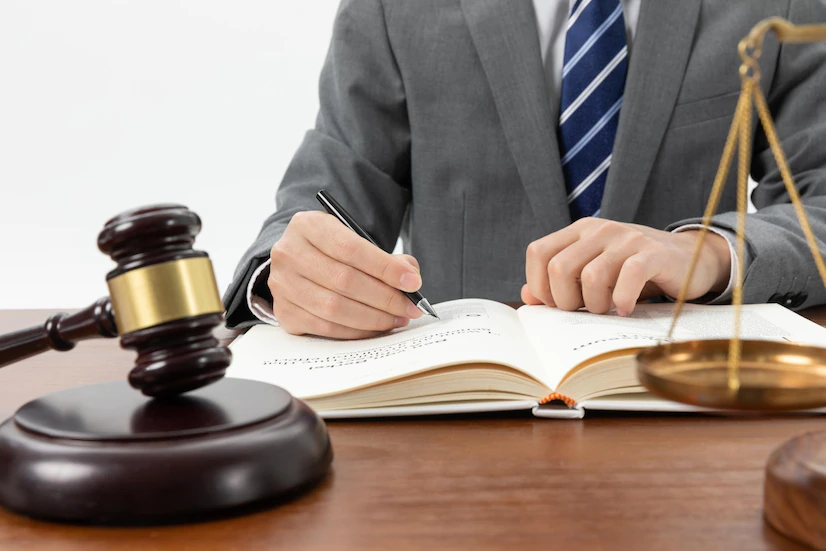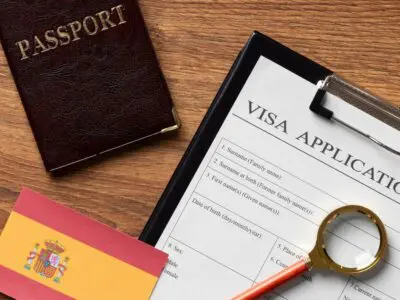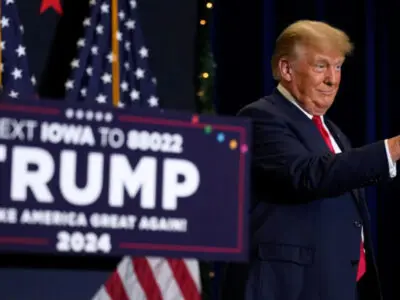
By the very nature of their jobs, prosecutors and police must work closely in many difficult situations. Criminal defense attorneys at Giribaldi & Manaras, P.C. have witnessed first-hand how successful prosecutors go about their jobs thanks to achieving strong cooperation with police, victims, judges, and witnesses. On their part, police depend on prosecutors to bring those charged with a crime to justice.
The Role Of Police

In whichever situation a prosecutor is unable to gather the cooperation of the police, they will likely encounter problems when it comes to investigating and presenting evidence in court.
On the other hand, police must also depend on prosecutors since a prosecutor that constantly sends cases back for further investigation or refuses to approve arrest warrants will also have a disruptive impact on police work.
Additionally, police count on the legal knowledge of prosecutors to advise them on legal issues related to criminal cases. Prosecutors are also responsible for training police on how to secure warrants, how to make legal arrests, and how to properly interrogate a suspect.
The interdependence between these two parties often places prosecutors in an uncomfortable position. This happens when they’re forced to press charges against a police officer, which can be either for police brutality or because of perjury.
Although prosecutors may find it difficult to press charges against someone with whom they might have been working together for years, not doing so when the situation warrants it means that they would be acting unethically. A prosecutor will never voluntarily act in such a way since that would imply that they’re condoning or covering up a crime committed by a police officer.
The Role Of Victims And Witnesses

Police may be willing to help victims any way they can, interviewing witnesses and bringing suspected guilty parties to court. However, prosecutors see victims differently and many times are reluctant to press charges if the victim is not willing to cooperate.
Prosecutors understand the importance of having a credible victim. Still, they may be hesitant to go ahead with the charges when it’s apparent that it was the victim’s actions that precipitated the crime. In other cases, the prosecutor may uncover that the victim has a criminal record which may place the jury in the difficult position of having to decide if the victim’s words or actions are believable.
Cases that involve organized crime groups may require the intervention of the police to ensure that the victim arrives at court safely and that they’re offered the protection they need to ensure they’re not placed at risk and can give their testimony without fearing for their lives.
In these cases, the intervention of the U. S. Marshal’s Service is required to provide victims with new identities through the Witness Security Program.
Judges And Courts

Prosecutors become familiar with the judges they work with, getting to know their particular style of imparting justice. They become experts at trying to predict whether or not a particular judge will accept a plea agreement.
In some cases, a prosecutor may drop a case rather than try it before a judge who will not enter into plea negotiations. In all cases, police must protect the integrity of the victims and witnesses until their cases have reached their end.
In short, the relationship between prosecutors and police must be a close one because their jobs require that they interact in many difficult situations.
Read Also:


